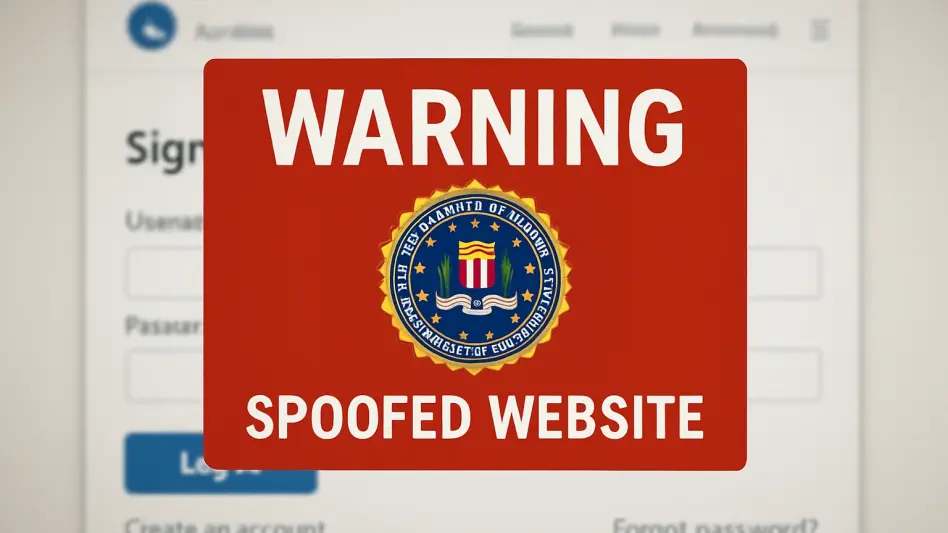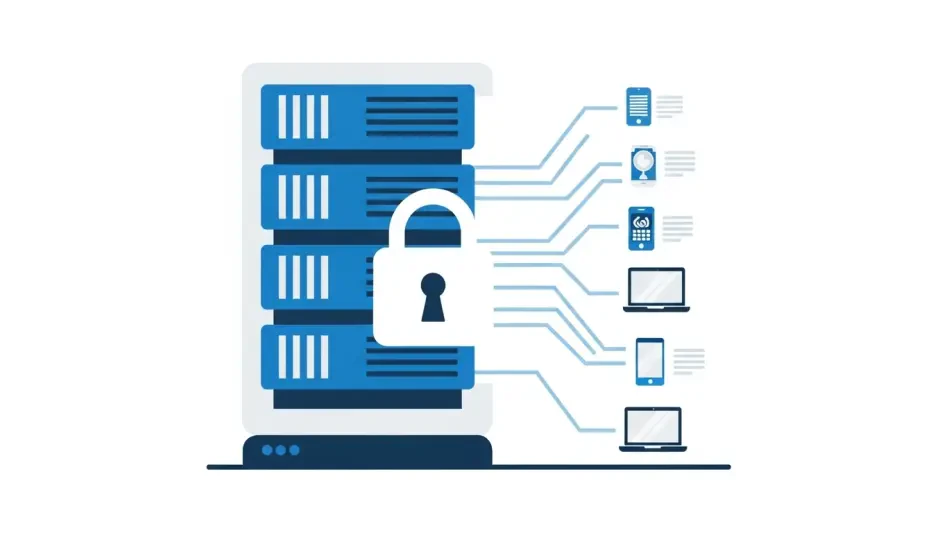In an alarming development for those seeking to report cybercrime, the FBI has issued a stark warning about fraudulent websites mimicking its official Internet Crime Complaint Center (IC3) portal. These spoofed sites, designed to steal personal information and perpetuate further scams, pose a significant risk to unsuspecting victims already reeling from digital crimes. Threat actors behind these deceptive platforms often target vulnerable individuals by replicating the legitimate IC3 site with subtle alterations to domain names or design elements. This tactic aims to harvest sensitive data such as names, addresses, and banking details. As cybercrime continues to evolve, the emergence of such sophisticated impersonation schemes highlights the critical need for vigilance when navigating online resources for help. The FBI’s recent public service announcement sheds light on the growing threat and urges caution to prevent further victimization in an increasingly complex digital landscape.
1. Understanding the Threat of Imitation Websites
The danger of spoofed IC3 websites lies in their ability to closely mimic the authentic portal, often tricking even cautious users into divulging personal information. These fraudulent sites are crafted with precision, using slightly altered URLs or low-quality graphics to imitate the real platform, making them difficult to distinguish at a glance. Threat actors exploit these sites to collect personally identifiable information (PII), including email addresses, phone numbers, and financial data, which can then be used for identity theft or monetary scams. Beyond data theft, some scammers impersonate FBI or IC3 staff, contacting victims with false promises of fund recovery in exchange for fees, thus revictimizing those already affected by cybercrime. Reports of such impersonation scams have surged, with the FBI noting a significant number of incidents in recent months. This alarming trend underscores the importance of recognizing the hallmarks of these deceptive sites to avoid falling prey to such malicious schemes.
2. Protective Measures for Safe Online Navigation
To safeguard against the risks posed by spoofed IC3 websites, the FBI has outlined several critical steps for internet users to follow. First, always manually enter the official URL, www.ic3.gov, directly into the browser’s address bar instead of relying on search engine results, which may include misleading sponsored links. If a search engine must be used, scrutinize the results and avoid any URLs that deviate from the legitimate site. Additionally, refrain from clicking on suspicious links or graphics that appear unprofessional or out of place, as these are often indicators of fraudulent intent. Any encounters with potential FBI impersonation scams should be reported immediately through the official IC3 portal, providing detailed accounts of the interaction and any relevant financial or communication data. Importantly, never make payments to individuals claiming to represent the FBI or IC3, and steer clear of social media pages branded with IC3, as the center maintains no official presence on such platforms. These precautions, diligently followed, were key in curbing the impact of such scams in past efforts.








